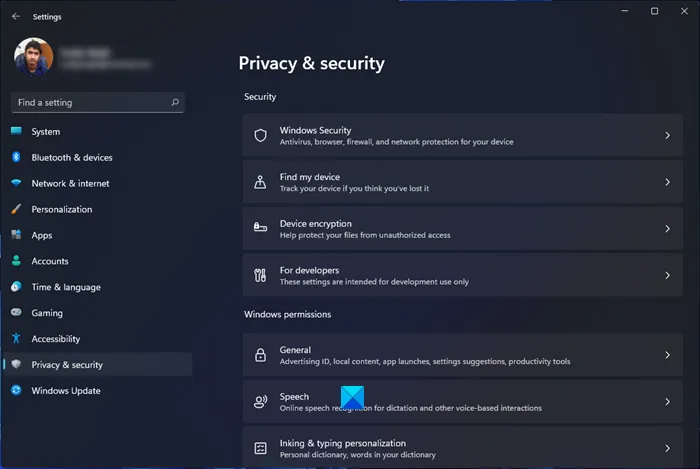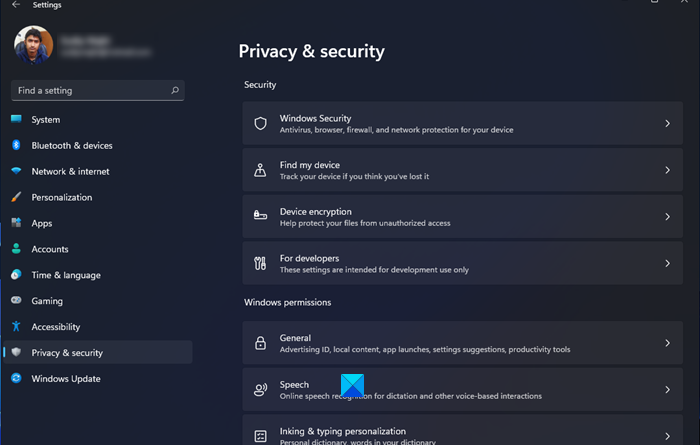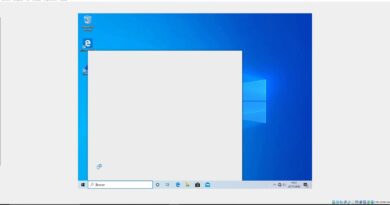New Security Features in Windows 11
In this article, we will discuss various new security features and measures that are incorporated in Windows 11. Windows 11 is making buzz around the corner and is all set to release in the second half of 2021. It has got everyone talking and wondering what’s new in this new version. While there are a lot of new features introduced in Windows 11, some features are deprecated/ removed. This time, Microsoft has primarily focussed on improving the security features in Windows 11 to protect users from various emerging threats and attacks. The new Windows 11 is secure by design and built-in requirements.

Microsoft says in Windows 11 announcement event:
“We have worked closely with our manufacturer and silicon partners to raise security baselines to meet the needs of the evolving threat landscape and the new world of hybrid work and learning.”
Also:
“The new set of hardware security requirements that comes with Windows 11 is designed to build a foundation that is even stronger and more resilient to attacks.”
Microsoft is making sure to improve the security baseline through built-in secure boot, hardware virtualization security features, Hypervisor-Protected Code Integrity, and much more security-based implementations in Windows 11.
David Weston, Microsoft’s Director of Enterprise and OS Security, stated that:
“This next generation of Windows will raise the security baseline by requiring more modern CPUs, with protections like virtualization-based security, hypervisor-protected code integrity and Secure Boot built-in and enabled by default to protect from both common malware, ransomware and more sophisticated attacks.”
Now, let’s have a look at how Windows 11 will have greater security features as compared to previous releases.
New Security Features in Windows 11
Here are the new security features that are incorporated in Windows 11:
- Trusted Platform Module (TPM)
- Support for Azure-based Microsoft Azure Attestation
- New Security Innovations like Microsoft Pluton security processor
- Secured-core PCs
- Microsoft wants you to ditch passwords completely.
Let us discuss these in detail!
1] Trusted Platform Module (TPM)
Trusted Platform Module (TPM) is one of the most prominent security features in Windows 11. TPM is a chip that is used to secure confidential and sensitive data like encryption keys, user credentials, and more in the back of a hardware barrier. As attackers getting smarter and using advanced techniques to tamper data on your PC, this will help protect your PC against malware, ransomware, and other cyberattacks. TPM chip is added to the CPU individually or integrated into your computer’s motherboard.
Microsoft has made TPM a minimum requirement to run Windows 11. So, you can run Windows 11 only if your PC has built-in TPM chips. Although some high-end PCs use TPM chips. But, now it has become a necessity for using Windows 11 on your PC. Else, you won’t be able to upgrade to Windows 11.
To make it easier for users, TPM 2.0 chips will be integrated into all certified Windows 11 systems so that customers can take advantage of security backed by a hardware root of trust.
2] Support for Azure-based Microsoft Azure Attestation
Azure-based Microsoft Azure Attestation (MAA) basically verifies the trustiness of multiple platforms before you access it. Windows 11 has out-of-the-box support for Azure-based Microsoft Azure Attestation. When customers access sensitive resources in the cloud, MAA enables Zero Trust policies to ensure that the platform is secure. Azure Attestation-backed policies verify both identity and platform helping organizations to safeguard organization resources.
Read: Why is my PC not compatible with Windows 11?
3] New Security Innovations like Microsoft Pluton security processor
Windows 11 will come with various new security innovations. These include hardware-enforced stack protection, Microsoft Pluton security processor, etc. This will ensure to protect users from zero-day exploits and also strengthen Zero Trust security. Zero Trust security approach basically ensures to verify everyone and everything that wants to access resources on a private network. This is another important security update in Windows 11.
Read: Windows 11 System Requirements.
4] Secured-core PCs
Secured-core PCs add an extra security layer beneath the OS by combining identity, virtualization-based security, operating system, and hardware and firmware protection. They are twice more resistant to malware infection and firmware attacks. And, they enable users to boot securely, be secure against firmware vulnerabilities, block unauthorized access, and more.
5] Microsoft wants you to ditch passwords
By default, the new Windows 11 devices will now be without passwords from day one. You won’t have to enter the password now to log in. With Windows Hello, Windows 11 is moving onto more strong authentication methods including Face lock, Fingerprint, Iris, and other biometrics. IT admins in enterprises can deploy Windows Hello for Business that involves granular control of authentication methods.
Windows 11 primarily focuses on hardware security requirements to mitigate various firmware attacks, zero-day exploits, malware infection, and other cyber attacks. All this new hardware security is compatible with forthcoming Pluton-equipped systems and devices using a TPM 2.0 security chip, including Dell, HP, Acer, ASUS, and many more. The above-discussed design and built-in features combined together add extra layers of security to Windows 11. The main aim of Microsoft this time is to improve productivity with an enhanced set of built-in security features.
Now read: Planning for Windows 11 Deployment?




